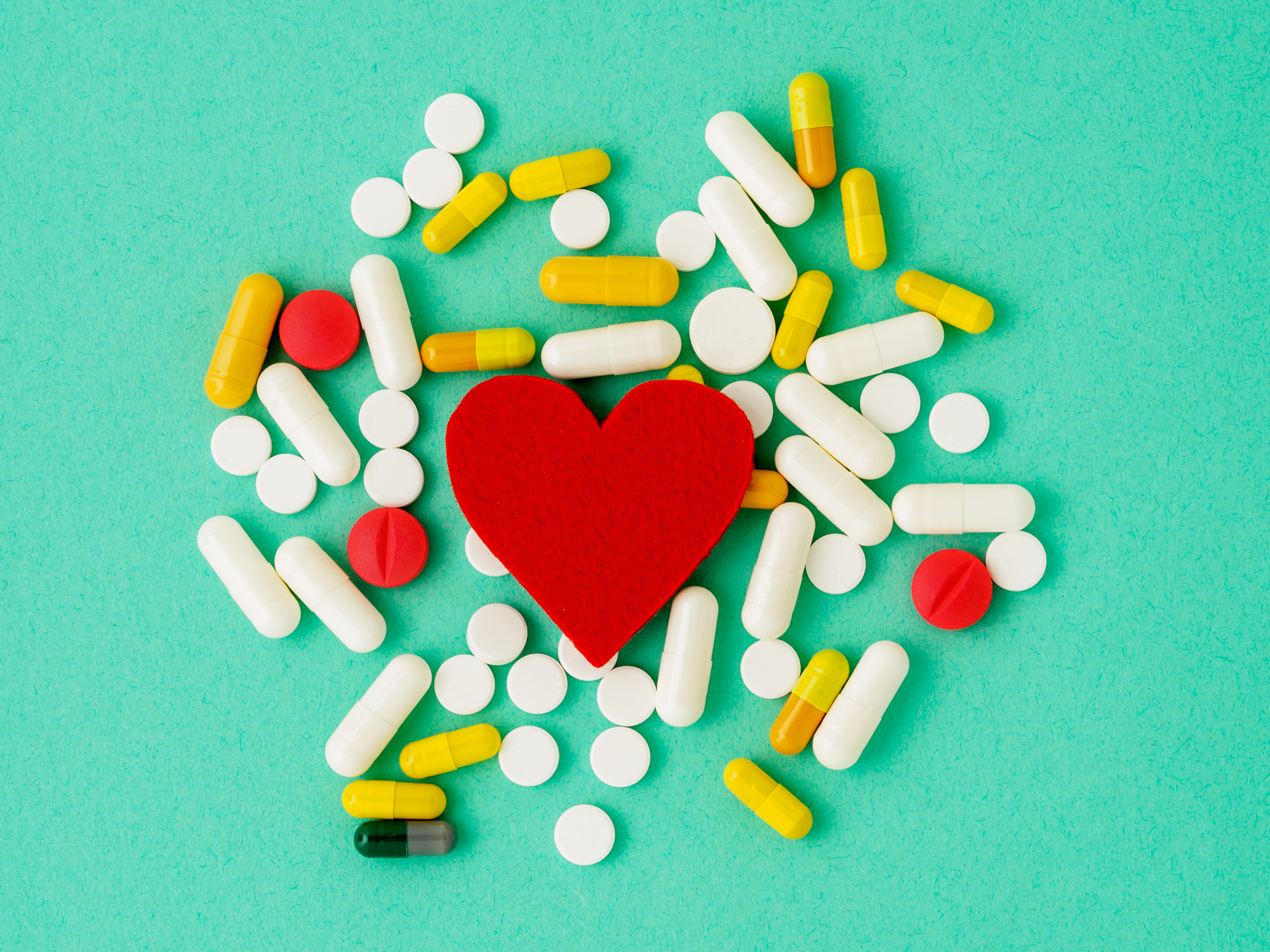Get Easy Health Digest™ in your inbox and don’t miss a thing when you subscribe today. Plus, get the free bonus report, Mother Nature’s Tips, Tricks and Remedies for Cholesterol, Blood Pressure & Blood Sugar as my way of saying welcome to the community!
The anti-heart disease, stroke, diabetes, breast cancer vitamin

If you’re like me, you have a medicine cabinet packed with different vitamins and supplements. I have one to help my joints, one to support my heart health, another to boost brain function, and so on. My philosophy is that if you can take something natural now to prevent health problems down the road, why wouldn’t you?
But, of all those supplements, there is one that is by far the most important – especially if you’re a woman over the age of 40.
In fact, if you do nothing else, you should take this vitamin because of the wide variety of health dangers it can prevent.
Which vitamin am I talking about?
The sunshine vitamin – vitamin D.
But, don’t take my word for it. Here’s scientific proof…
Vitamin D: A must-have for women of all ages
Vitamin D is known as the sunshine vitamin because your body produces it naturally when the ultraviolet rays from sunlight strike your skin. However, as we increasingly spend less time outdoors and more time stuck inside, vitamin D deficiency has become common.
And, this deficiency has been linked to massive health risks, especially in women.
In fact, one recent study in Brazil has demonstrated a strong association between vitamin D deficiency and metabolic syndrome in postmenopausal women. If you haven’t heard of metabolic syndrome before and don’t know why that should worry you, hang onto your hat.
You see, the syndrome is actually a cluster of conditions that increase your risk of heart disease, stroke and diabetes. And, it’s estimated to affect approximately 50 percent of women over the age of 50 in the U.S. alone.
The researchers in the study found that metabolic syndrome was present in 57.8 percent of women with low D levels but in less than 40 percent of women with sufficient vitamin D.
In other words, if you’re not getting enough vitamin D each day, your risk of metabolic syndrome and the heart attacks, stroke and diabetes that can follow, goes up by a full 18 percent.
Those same researchers that discovered the link between a lack of vitamin D and metabolic syndrome also found that low D levels are linked to breast cancer in postmenopausal women.
They found that while levels of vitamin D were sufficient in 33.9 percent of the patients diagnosed with breast cancer, 66.1 percent of women with a breast cancer diagnosis had low D levels.
And, guess what…
The women who were low on vitamin D were also much more likely to have high-grade tumors or metastatic disease. In other words, their breast cancer was much less likely to be treatable and more likely to spread.
Supplementing for a healthier life
With all of that said, should you just spend more time outdoors to help boost your D?
The answer is yes and no.
While getting more D through natural sunlight is a good idea, if you’re getting close to or past menopause, you should also add in a vitamin D3 supplement.
You see, as you age, your body composition changes and some of your ability to make the vitamin is lost. Basically, you produce less vitamin D even when you get plenty of sunlight.
A good rule of thumb is a therapeutic dose of 5,000 IUs of the vitamin per day.
If you’re a woman over the age of 40, be sure to include a vitamin D supplement into your daily routine to lower your risks of heart disease, stroke, diabetes and breast cancer and let the sunshine vitamin shine a ray of light on your health.
Editor’s note: Are you feeling unusually tired? You may think this is normal aging, but the problem could be your master hormone. When it’s not working, your risk of age-related diseases skyrockets. To reset what many call “the trigger for all disease” and live better, longer, click here to discover The Insulin Factor: How to Repair Your Body’s Master Controller and Conquer Chronic Disease!
Sources:
- Vitamin D might be key to syndrome affecting half of women aged 50 or plus — Fundação de Amparo à Pesquisa do Estado de São Paulo














